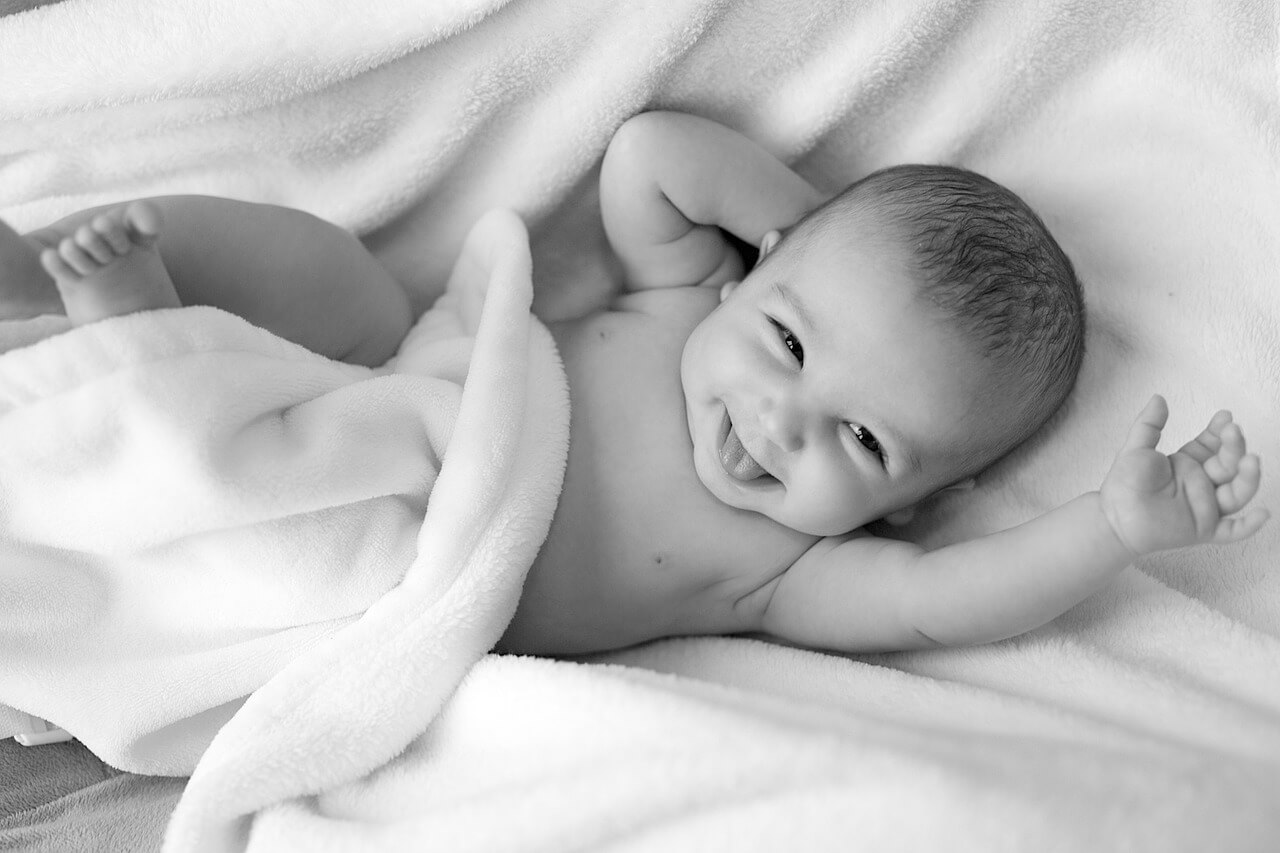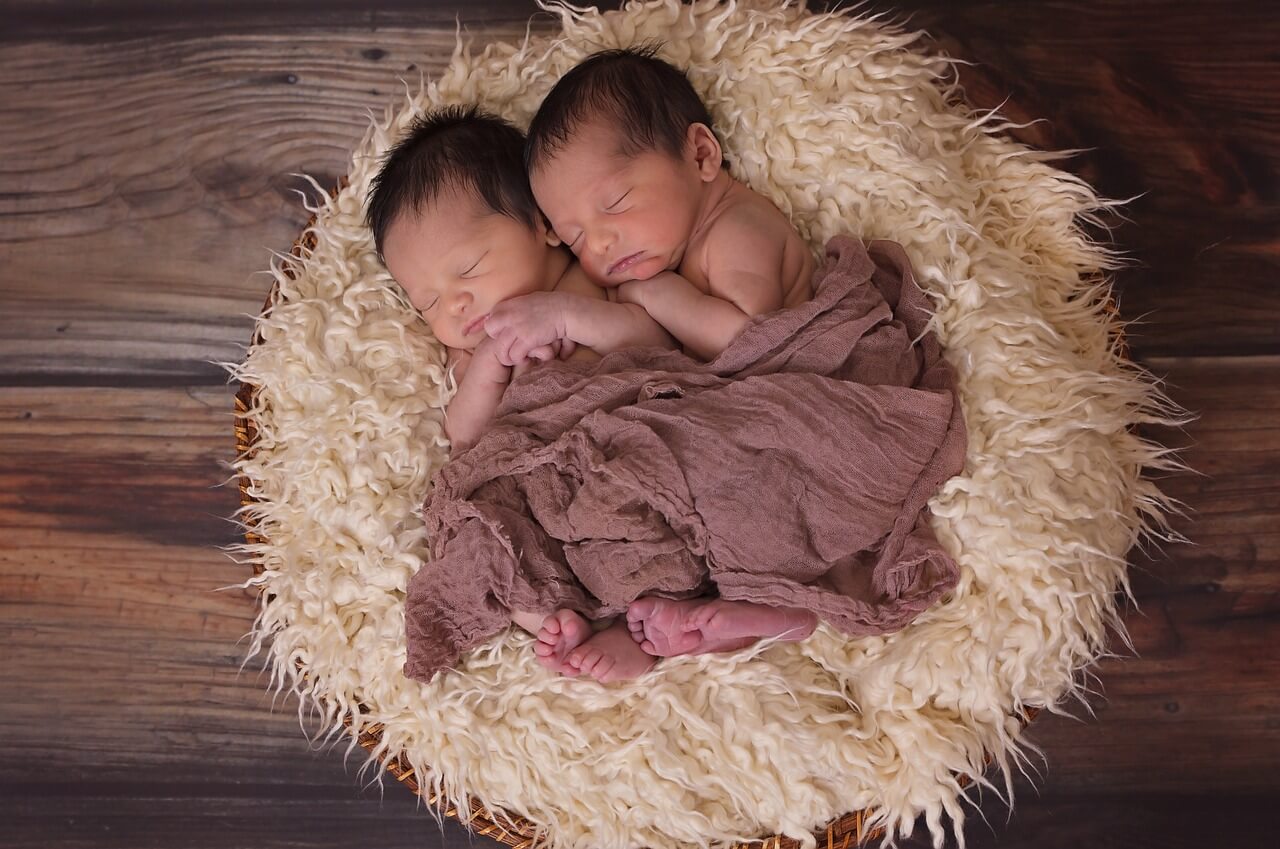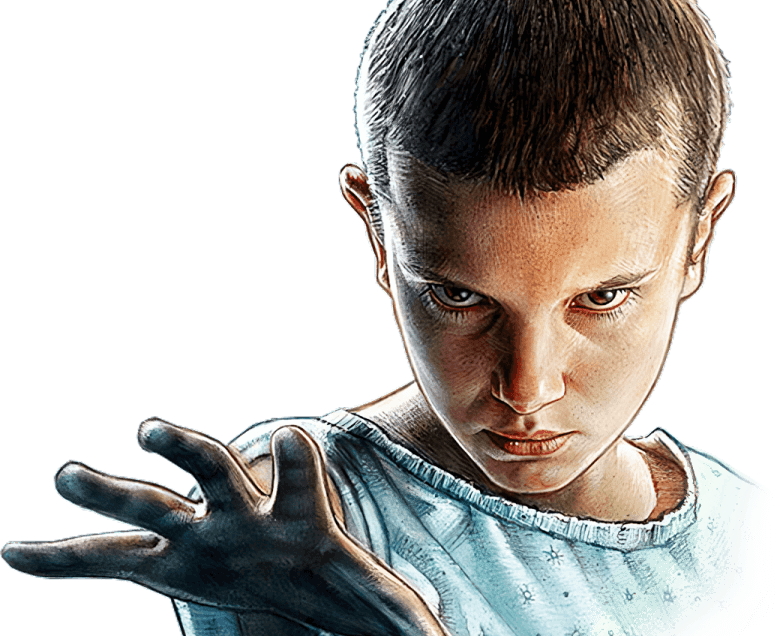A Retrospective on How Baby Naming Trends Have Changed from the 1950s to Today.
The art of naming a baby is both a mirror and a map of society, reflecting cultural shifts and forecasting evolving identities.
From the conservative 1950s to the expressive modern day, the trends in baby names have seen dramatic transformations.
This article explores how these changes not only signify shifts in cultural values but also suggest deeper trends in societal attitudes and behaviors.
1950s: Tradition and Conformity
In the 1950s, American society valued conformity, stability, and tradition, following the upheavals of World War II.
Names like James, John, Mary, and Susan topped the charts, rooted in biblical and historical significance.
These names were safe, familiar, and resonated with a sense of respect and formality that was cherished during this era.
1960s and 1970s: Cultural Revolution
As the civil rights movement, feminism, and anti-war protests took center stage, baby naming began to reflect the growing desire for individuality and nonconformity. The 1960s and 1970s saw a rise in unique and diverse names.
Names like Lisa, Kimberly, Jason, and Brian gained popularity. These decades also witnessed the first waves of interest in less traditional names, inspired by everything from pop culture to political figures.
1980s and 1990s: The Branding of Names
The 1980s and 1990s marked the age of economic prosperity and the rise of consumer culture. Names began to be influenced by celebrities and media.
The era of Michael (Jordan), and Jennifer (Aniston) reflected a society increasingly focused on glamour, success, and public image.
Additionally, the growing global economy introduced a broader palette of names into the mainstream, highlighting a slow but steady appreciation for multicultural influences.
2000s: Globalization and the Internet
The advent of the internet brought the world closer, making it easier for global trends and cultures to intermingle. This era saw an explosion in the variety of names as parents drew inspiration from a wider array of sources than ever before.
Names like Aiden and Madison, which have less traditional origins in the English-speaking canon, became popular.
The 2000s also highlighted a trend towards more gender-neutral names, reflecting a growing awareness and acceptance of gender fluidity.
2010s to Today: Diversity and Creativity
Today, the naming of a baby is more diverse and creative than ever. Parents are choosing names that celebrate their cultural heritage, unique family histories, and personal ideologies.
Names like Luna, Ezra, and Mila signify this shift towards more distinctive and meaningful choices.
The influence of social media has also introduced the phenomenon of brand-able or hashtag-able names, where the uniqueness and online presence of a name are highly considered.
The Future of Baby Names
As we look towards the future, baby names are likely to continue reflecting deeper societal changes.
Trends point towards an increasing emphasis on uniqueness and meaning, as well as a continued blending of cultural boundaries.
The role of technology and changing attitudes towards gender and identity will also play significant roles in shaping the naming conventions of future generations.




